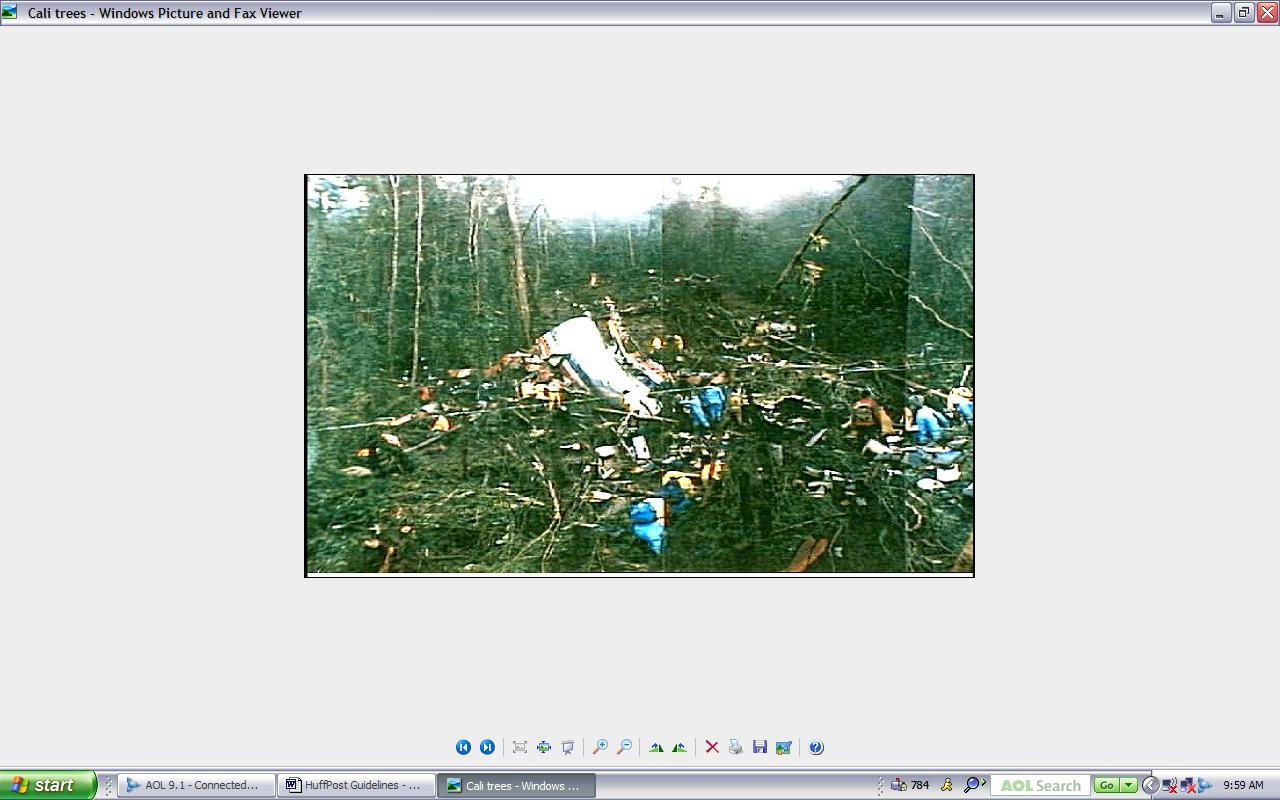British FAA: Examiner Pilots Can't Spell "Cumputir Problim"
A silent tribute
Air France 447 plaintiffs' attorney Steven Marks: "There's no question that this aircraft's instrumentation, warning and autopilot systems were in a defective and unreasonably dangerous condition by failing to provide the pilots with necessary and accurate information so they could maintain altitude and airspeed."
"Airbus knew about this problem and was in the process of implementing fixes. Their defense is going to be that they offered a fix and that Air France had not taken advantage. However, that does not excuse them for the ultimate product defect."
"There is no doubt in my mind that the Airbus failed. This was not a problem caused by the pilot. It was a problem with the Airbus."
I'm confident we'll uncover what everyone knows is the cause, which are the avionics (computers). It's usually manufacturers that refuse to act reasonably regardless of how clear their culpability is."
-- Amanda Bronstad, The National Law Journal
The phone conversations between literary agent Sam Fleishman and myself continue around themes in my forthcoming Murder By Computer.
Sam: "Seems attorney Marks agrees with your Air France analysis."
John: "I'm gratified and look forward to seeing his court documents."
Sam: "Back to what we're scheduled to discuss -- what do examiner pilots have to do with craplex cockpit computers?"
John: "A 1978 NASA program had 'check pilots' teaching regular pilots PhD computer interface research that you paid for with millions of tax dollars. But while the Brits find that check pilots are good at normal computer ops, they wouldn't recognize the traps we're talking about if one bit their butt. They look, but don't see."
Sam: "Have an example?"
John: "Sure; imagine in this next clip that you're a check pilot evaluating a cockpit crew represented by these guys passing a basketball. Your job is to count the passes that represent cockpit tasks the FAA requires you to evaluate. A narrator then shows you how to spot a metaphorical computer trap."
Sam: "Wow, I missed the moonwalking bear the first time; so this is why check pilots don't see computer traps?"
John: "Uh-huh. One captain told researchers, 'Check pilots rarely discuss computer problems. They send Boy Scout airline pilots into the woods without warning them about the moonwalking bear. I can't hand-fly these days, but I can type sixty words a minute. Check pilots make it seem like I'm there just to feed the computer; it's dehumanizing.'"
Sam: "You pilots are victims."
John: "The British write that the system of federally-deputized check pilots -- designed as key to teaching pilots about computer traps -- is dysfunctional. They discovered that check pilots don't have a clue because fossilized WWII regs don't require them to know squat because the FAA grandfathered them in, then didn't require airline execs to fund training to bring them up to speed."
Sam: "How are check pilots to learn to spot the moonwalking bear . . . divine guidance?"
John: "Drs. Nadine Sarter and René Amalberti write in Cognitive Engineering in the Aviation Domain that pilots need to experience computer traps in the safety of the simulator under the guidance of a supportive, competent check pilot. See? We want pilots to fail; failing puts them on guard."
"Dr. Sarter explains that the industry lives on the myth of the pilot as 'flying hero.' Dr. Amalberti says the industry treats human/computer mismatches as a taboo subject, yet points to them as the universal cause of crashes."
Sam: "You pilots are nailed. Your industry won't admit to a moonwalking bear problem, so computercides will keep coming, and accident boards will blame you."
John: "Drs. Sarter and Amalberti write that we need to admit that pilots don't know all they're supposed to know and don't have the skills to solve all the situations they may face, but that concept would be too controversial with airline execs. The docs conclude that in today's litigious society, execs won't fund training that might leave an audit trail of pilot failures like the media raised hell about after the Buffalo crash."
Sam: "Leaving you pilots stuck in a Catch 22. What else did the Brits discover?"
John: "That pilots can spit out rote-memory computer facts during oral evaluations, but can't explain how the system works."
Sam: "Giving them, passengers, execs and the FAA a false sense of security."
John: "And it's not that pilots don't ask for more info. Know what the Brits uncovered how check pilots responded when pilots asked for extra guidance on computer failures?"
Sam: "What?"
John: "'Don't worry; you'll pick that up flying passengers.'"
Sam: "Making passengers lab rats?"
John: "Remember the British finding that airline execs have created a 'generation of button-pushing pilot who've forgotten how to fly?' Well, check pilots are no exception. Showing me how to program the computer to land at San Diego, my check pilot and I zoomed over the runway at 2,000 feet."
Sam: "You must be joking."
John: "Another certifying me into Mexico City bellowed, 'What are you doing!' when I started to descend. I needled, 'If we don't start down now, they'll have to shoot us down.'"
Sam: "He was lost!? You explain in Murder By Computer that losing-track-of-where-you-are syndrome was part of the Cali crash. This guy hadn't learned from 150 deaths?"
John: "Nobody taught him. A check pilot evaluated that captain into Cali, Colombia eleven days before this crash, yet didn't have the knowledge from research that you funded to spot the computer trap that triggered this disaster."

Next -- British FAA: Cockpit Computers -- Unfit For Human Consumption
Read all John Halliday's columns at: www.huffingtonpost.com/john-t-halliday/